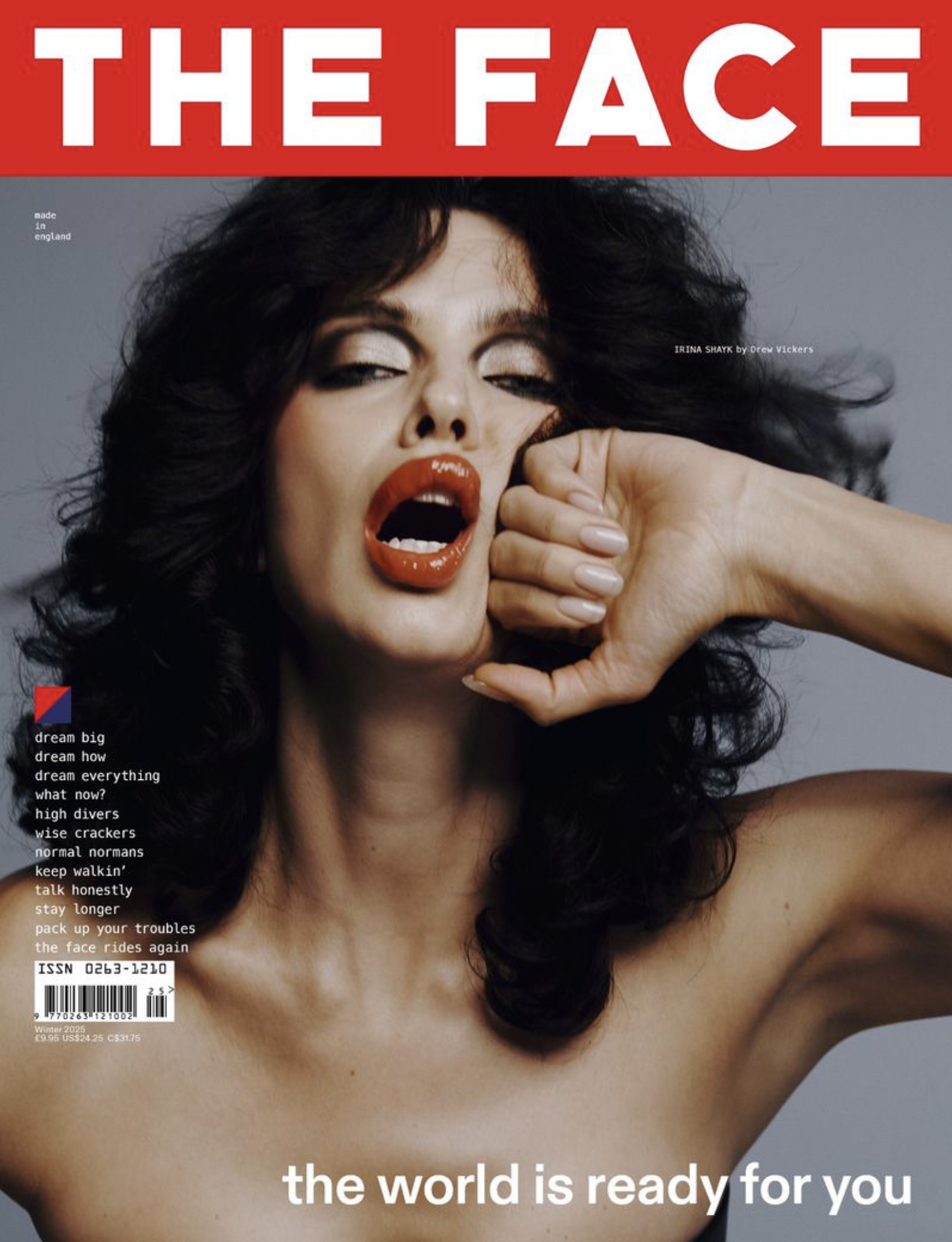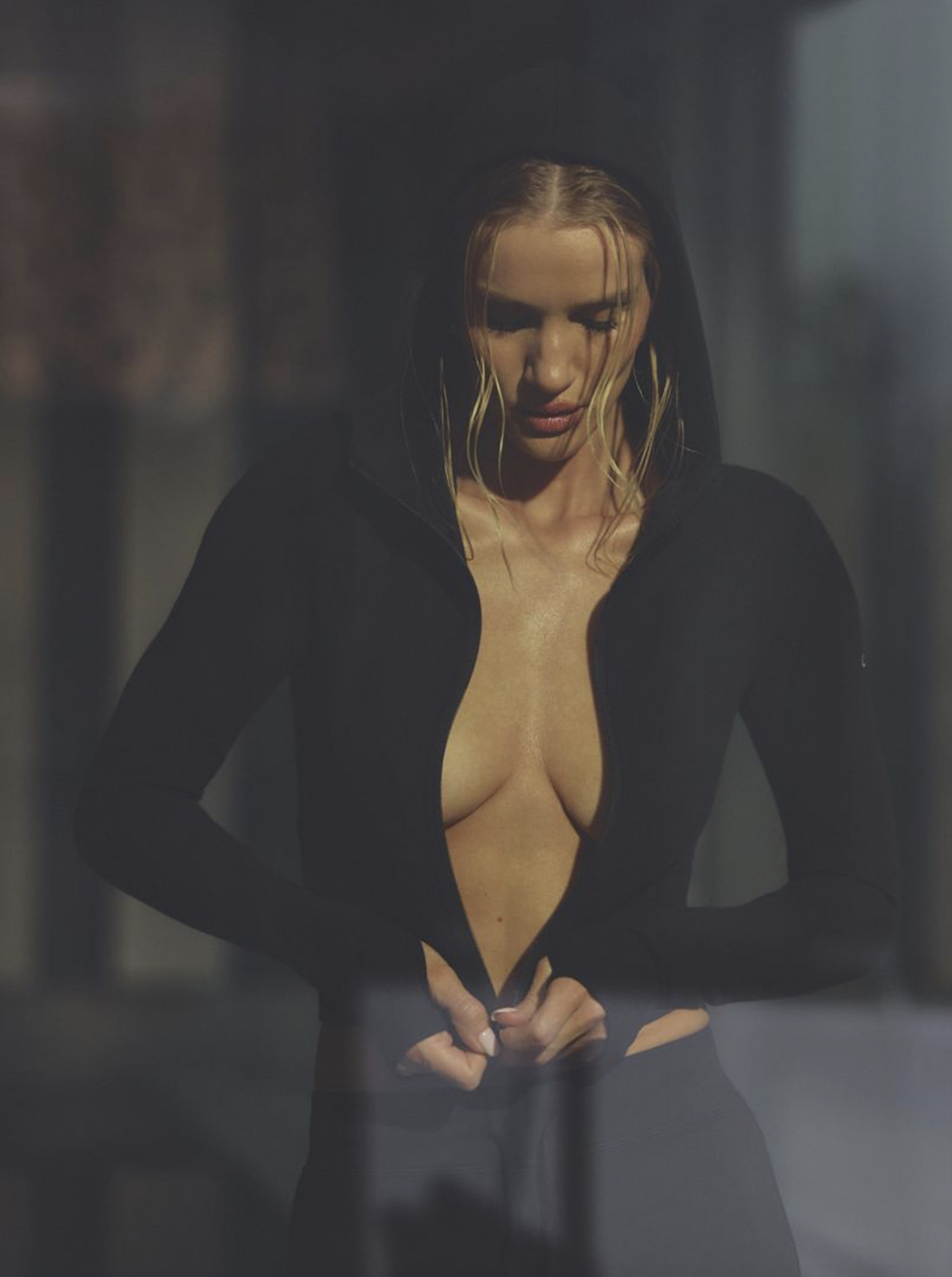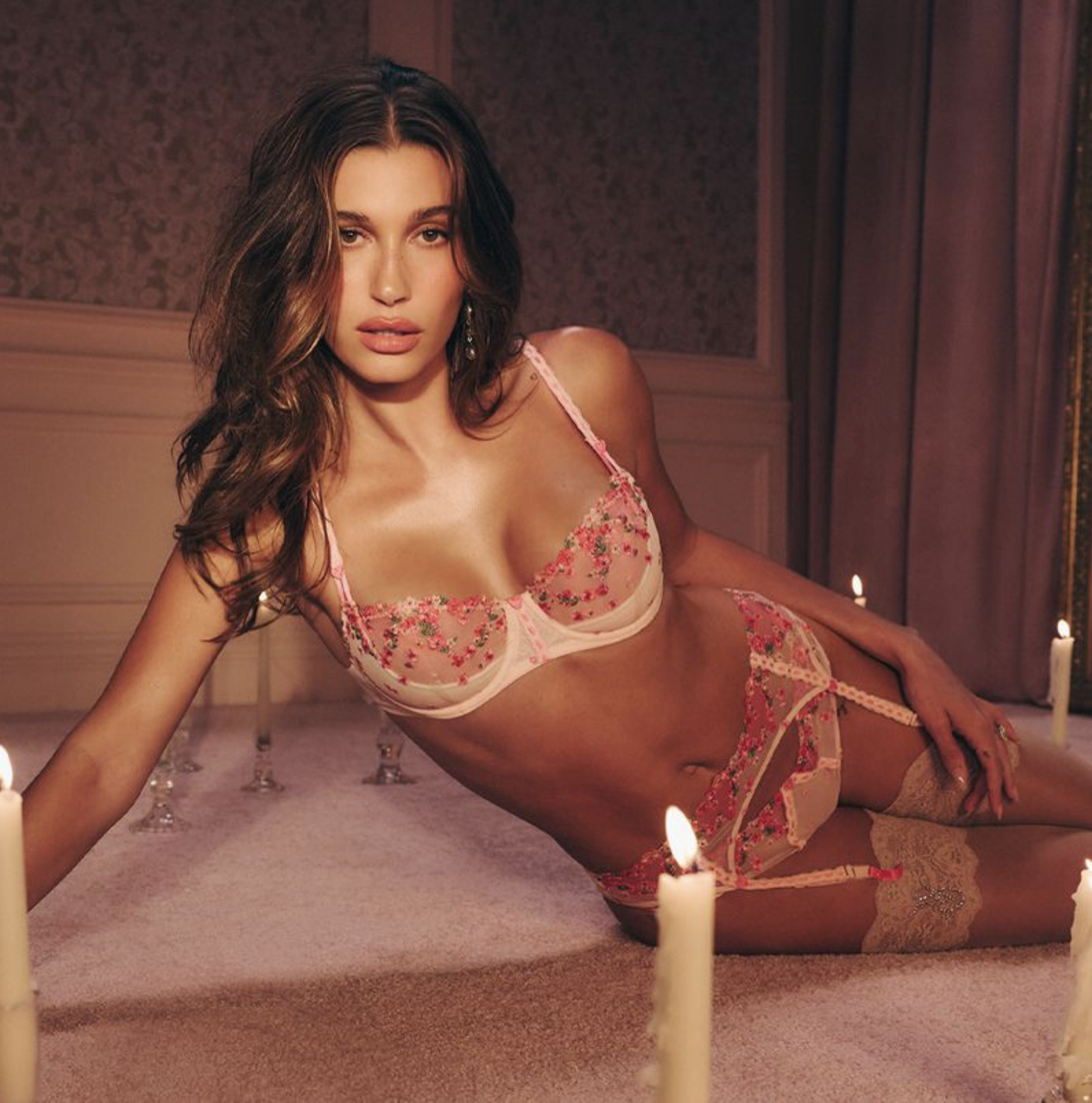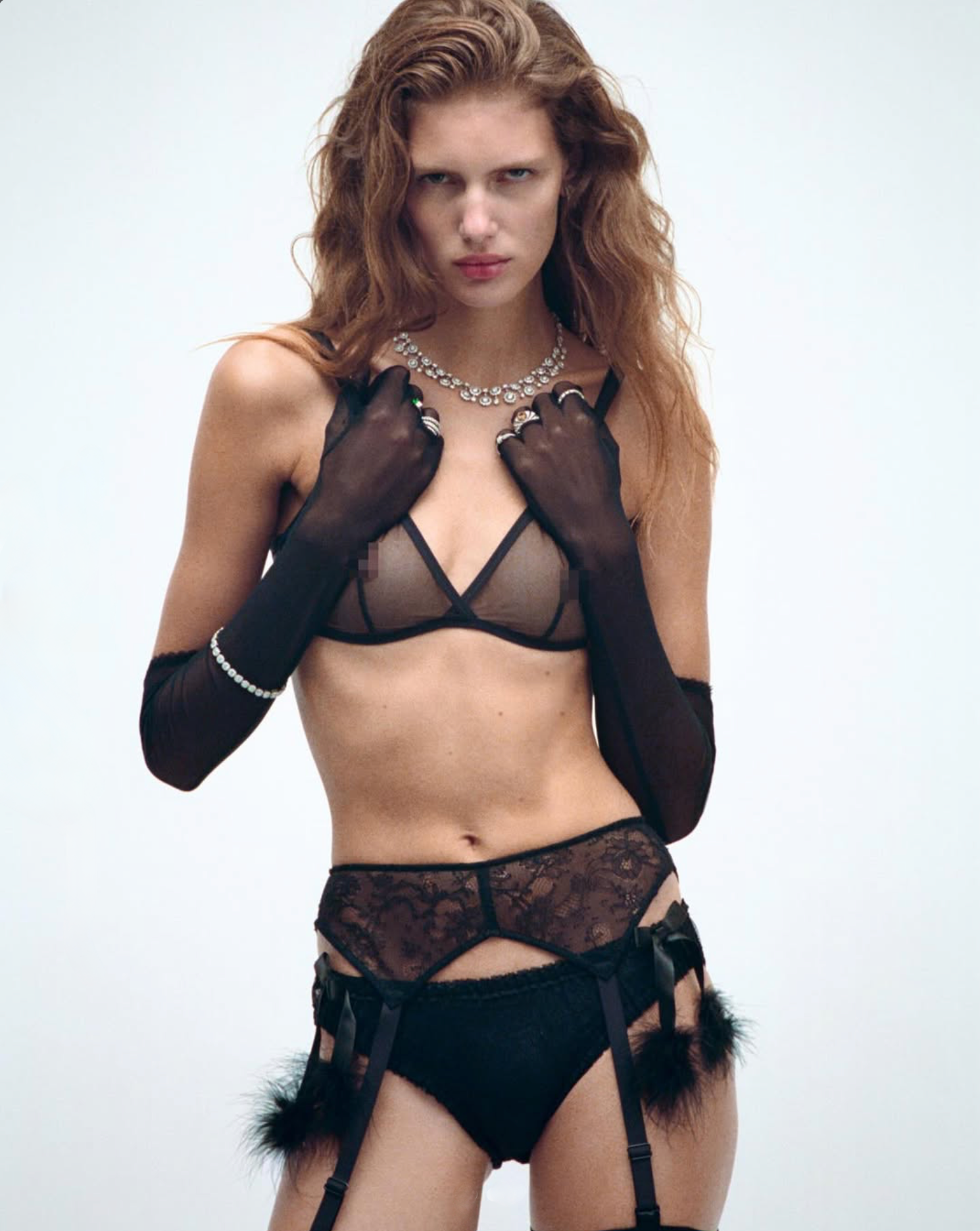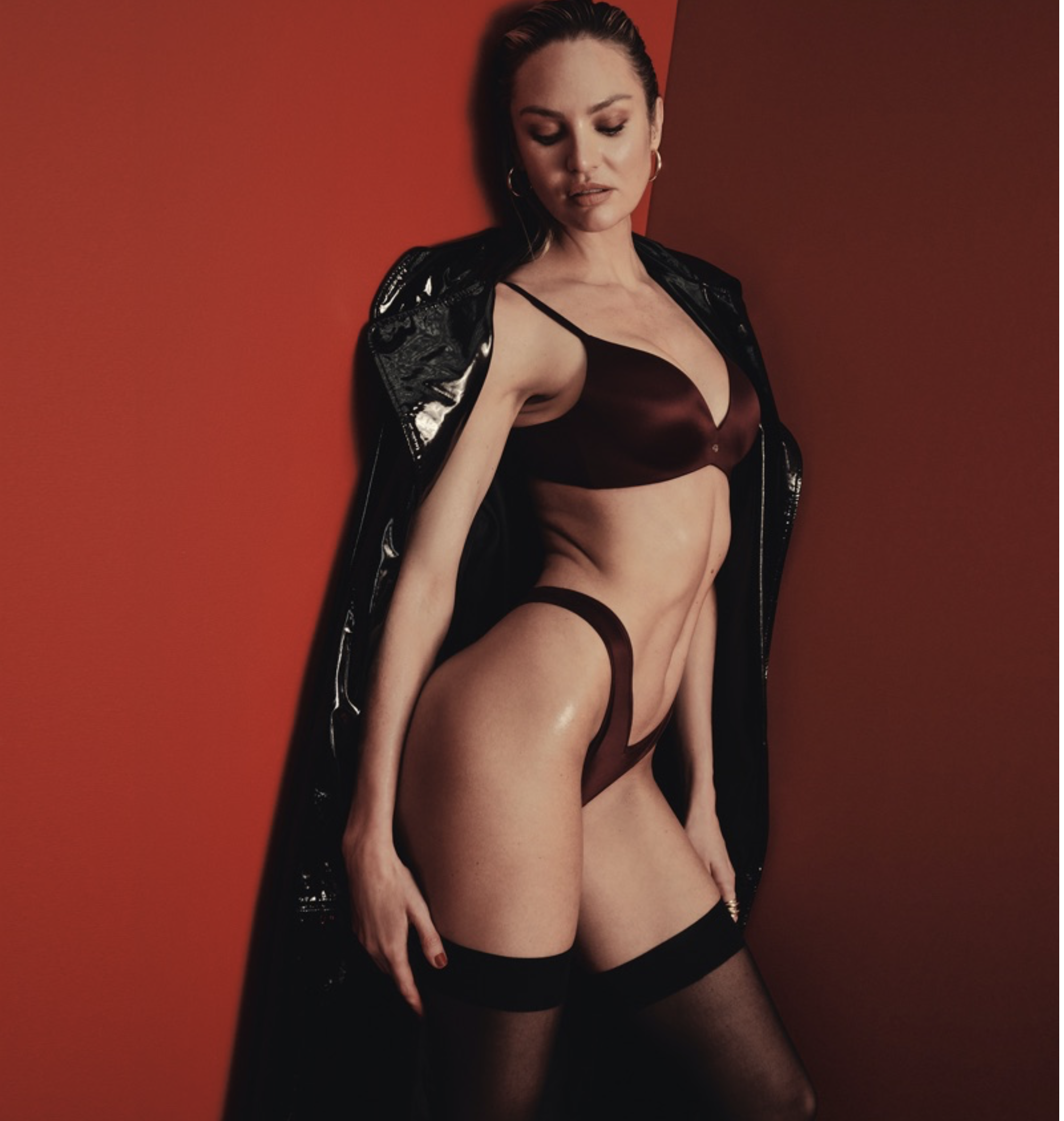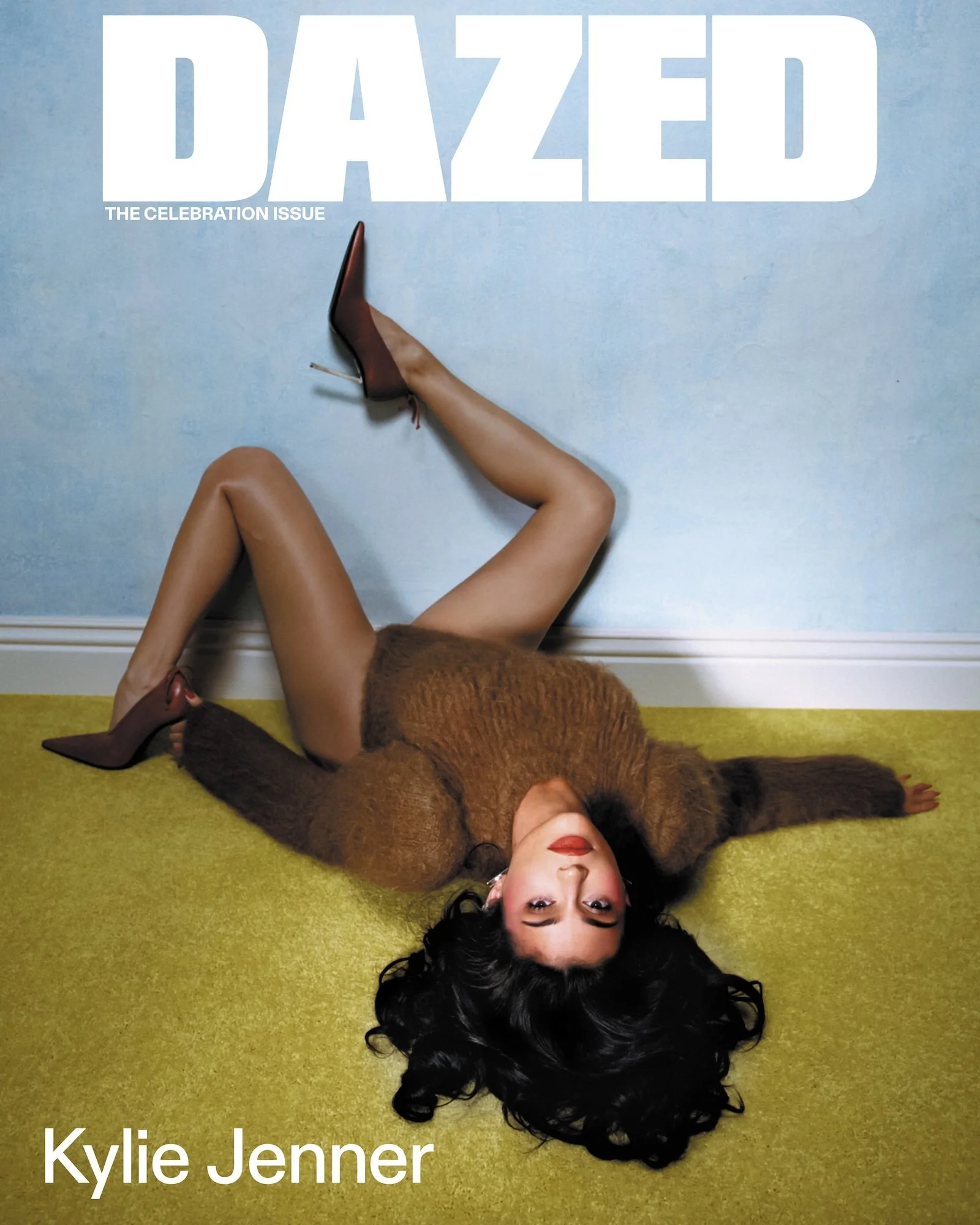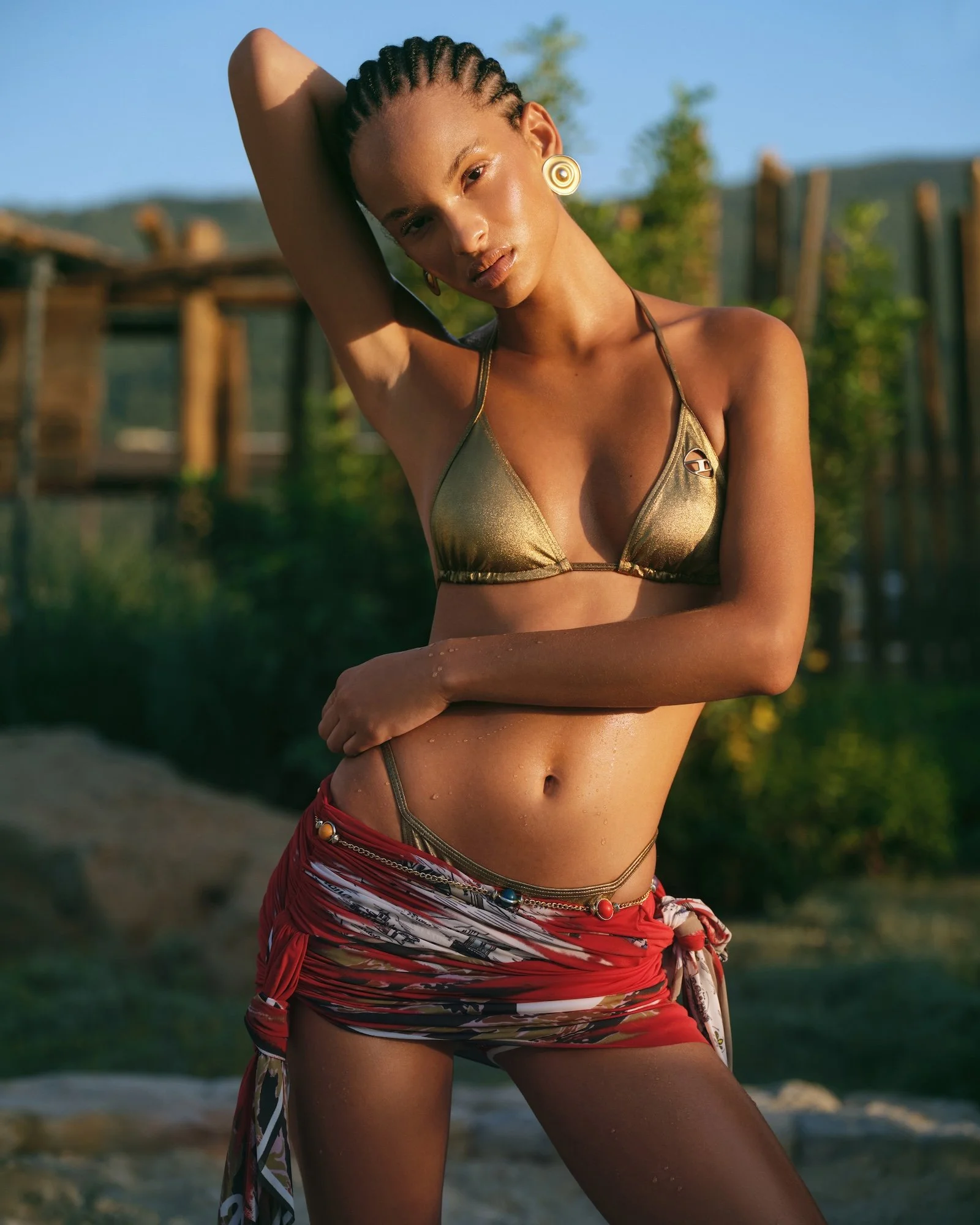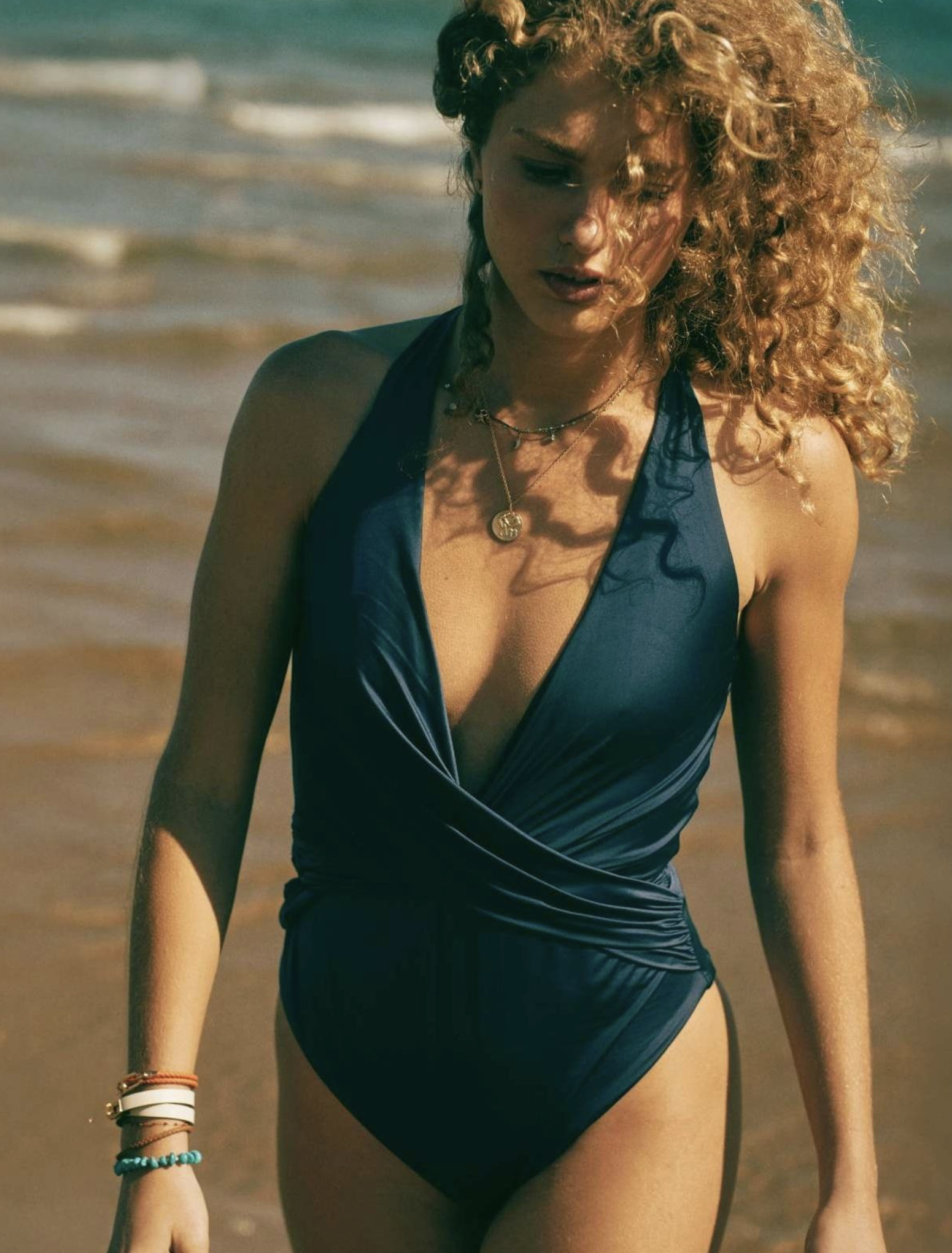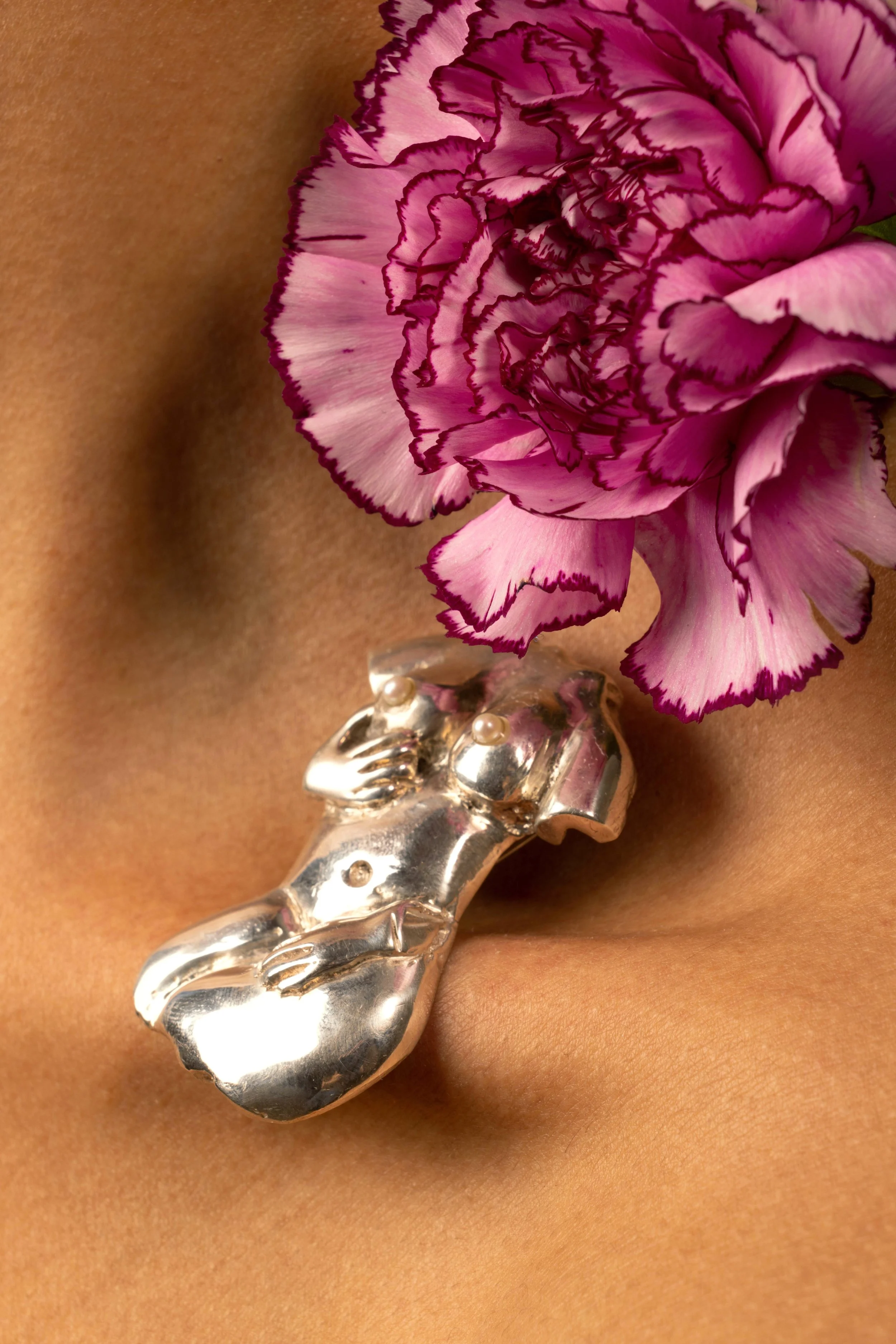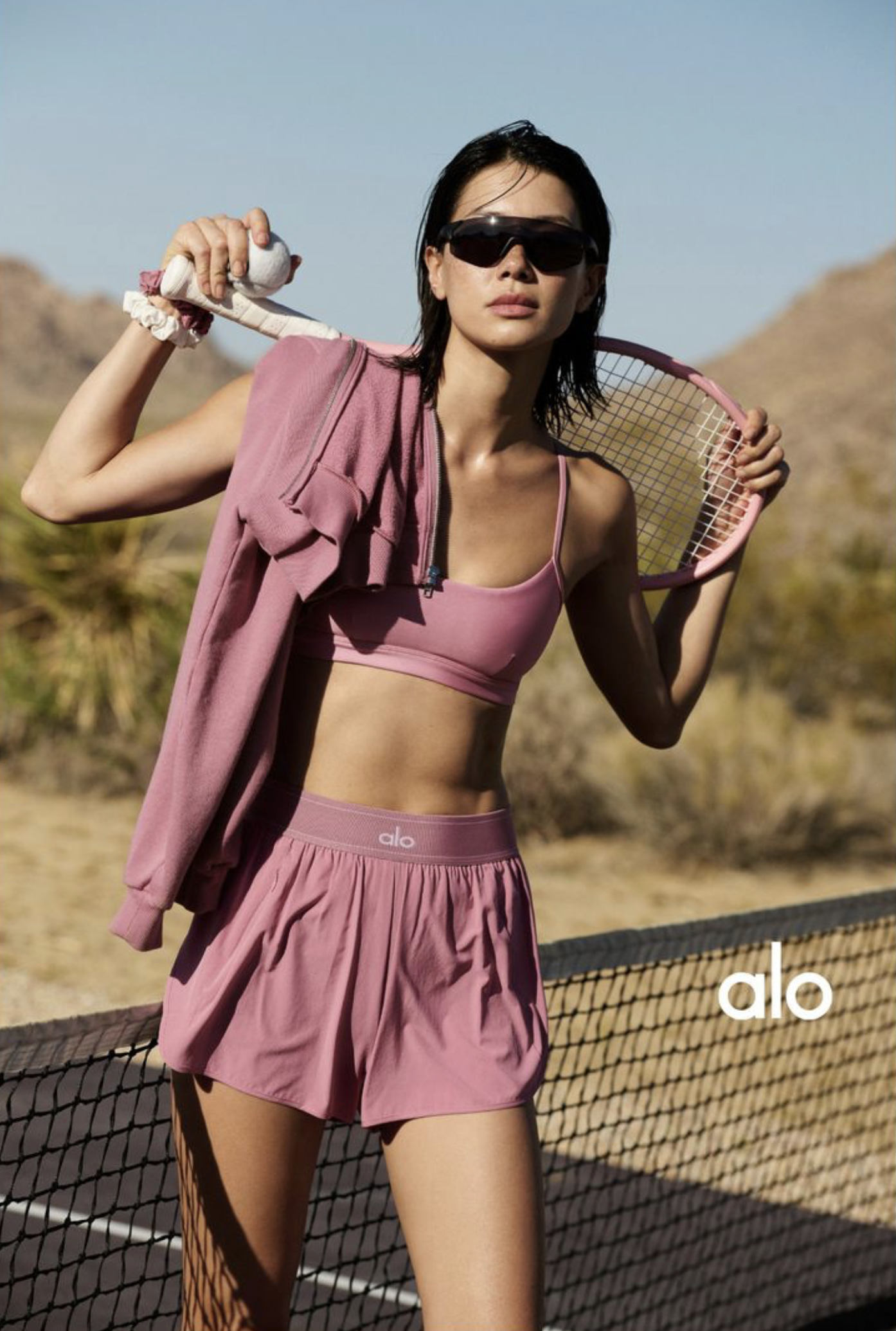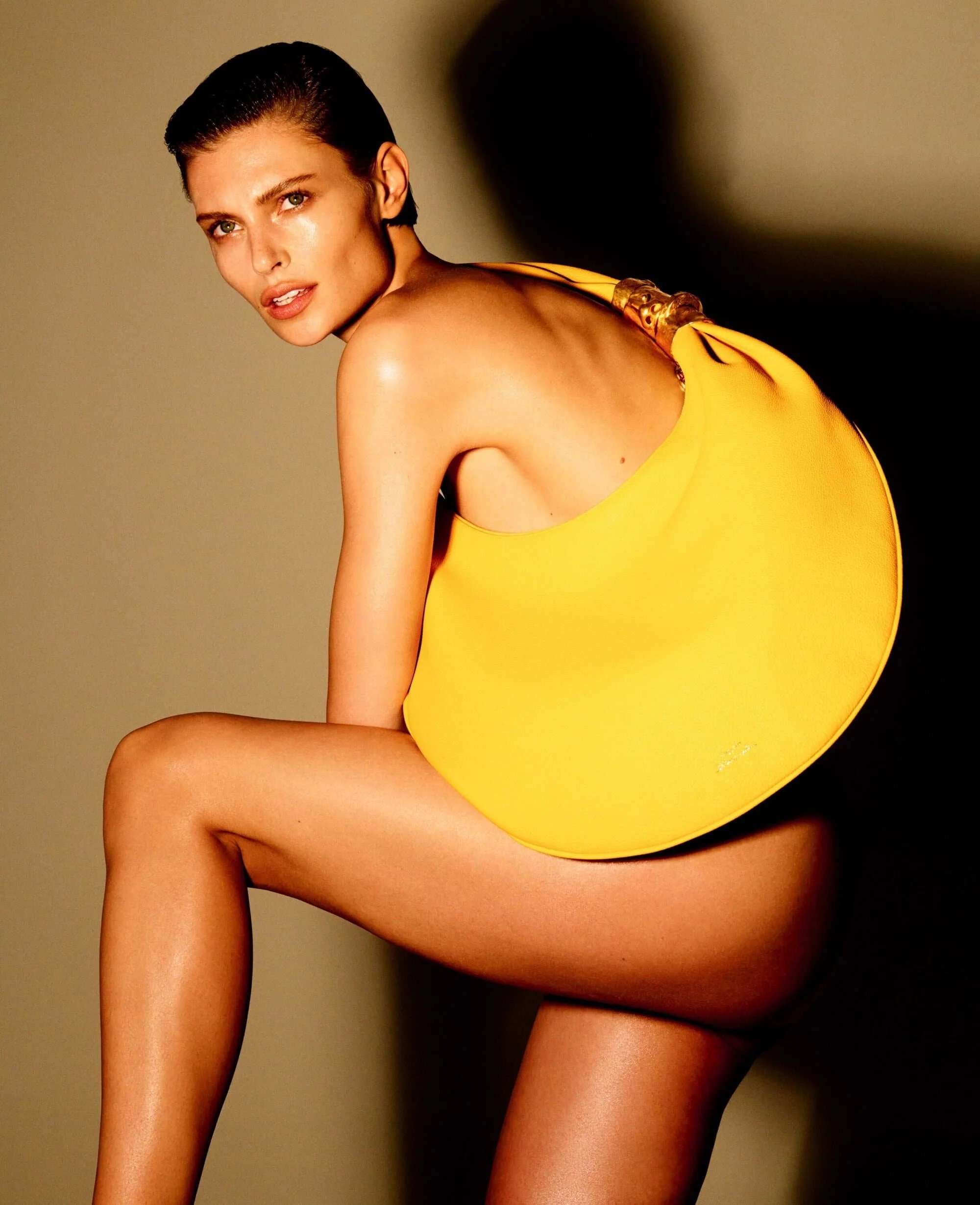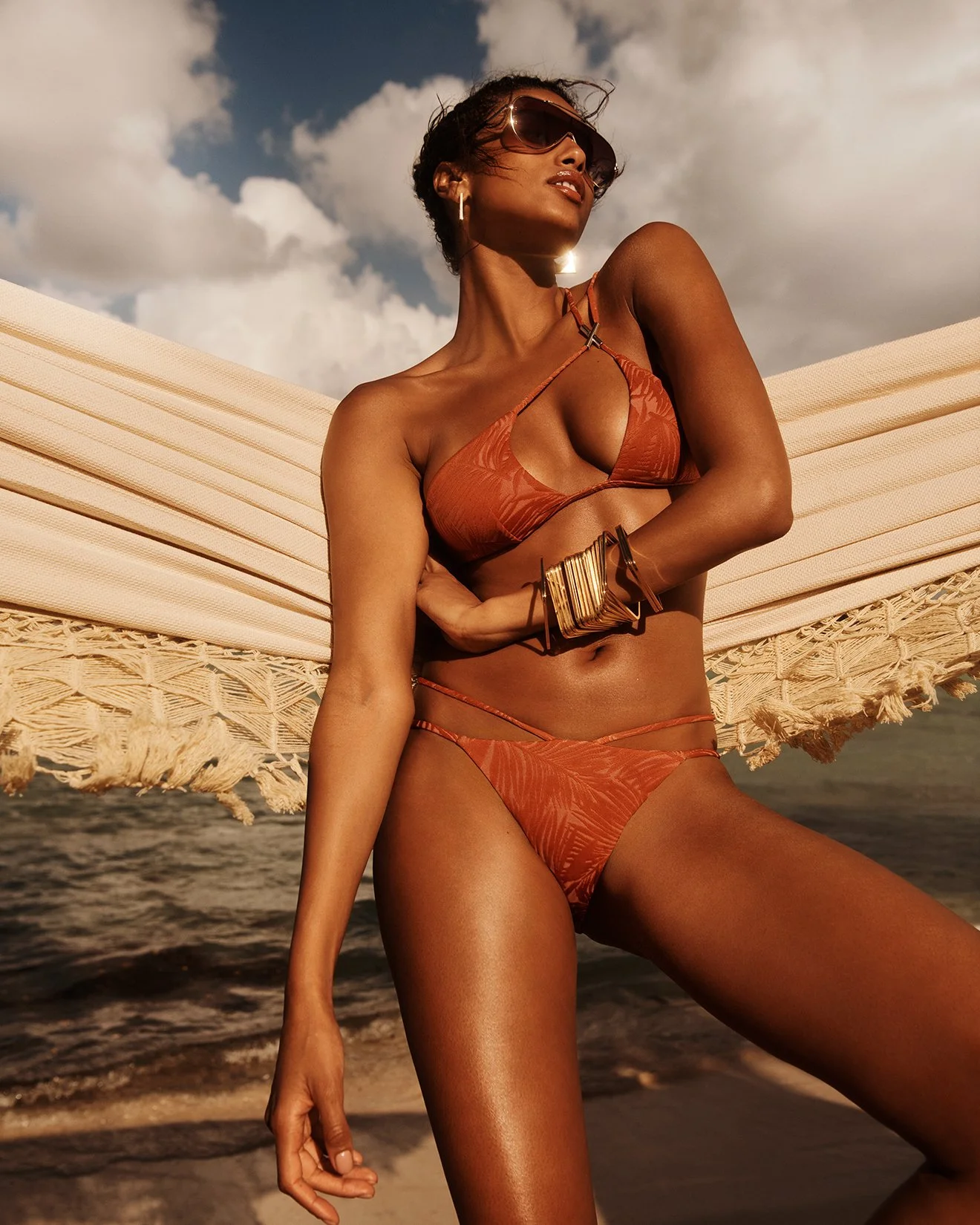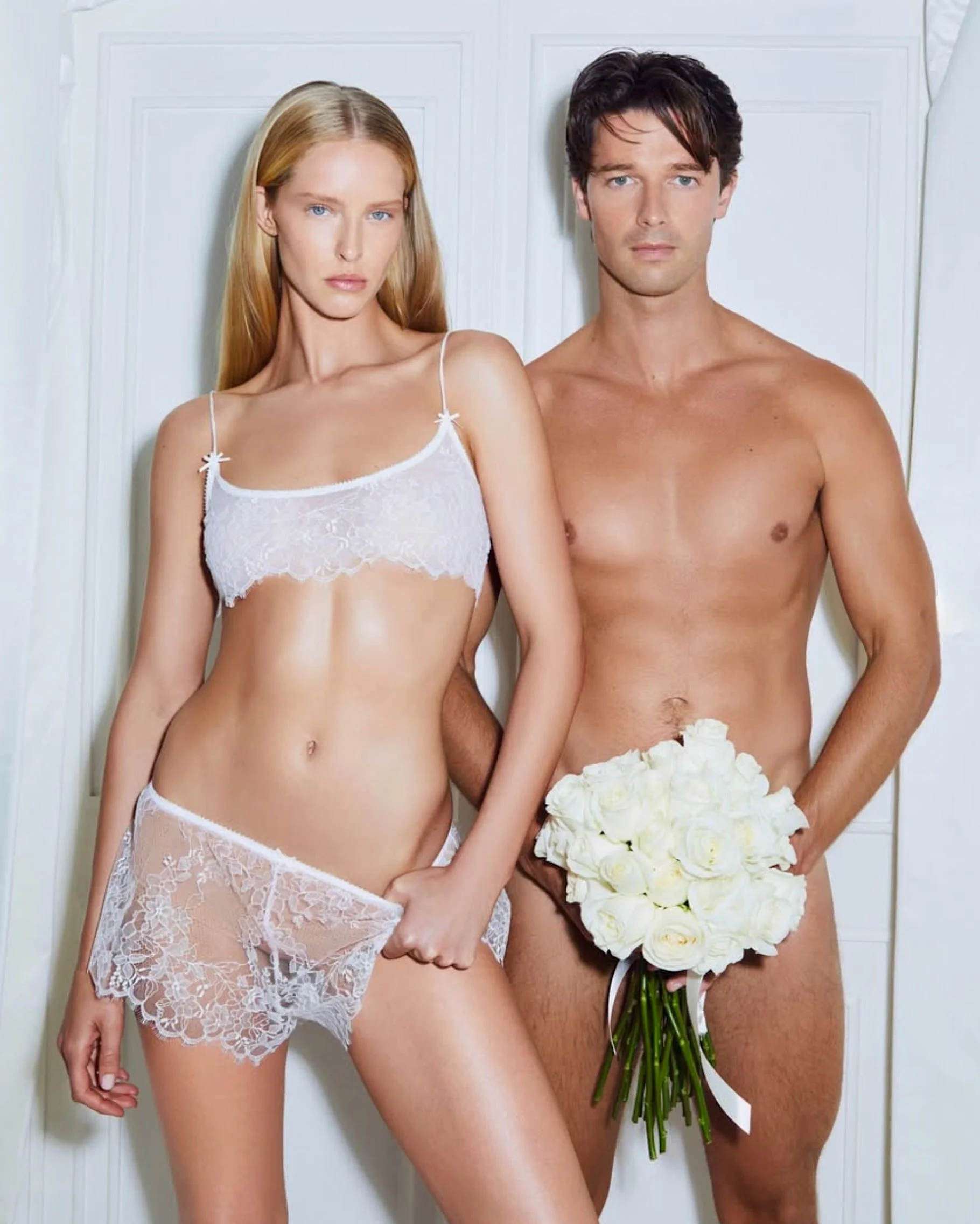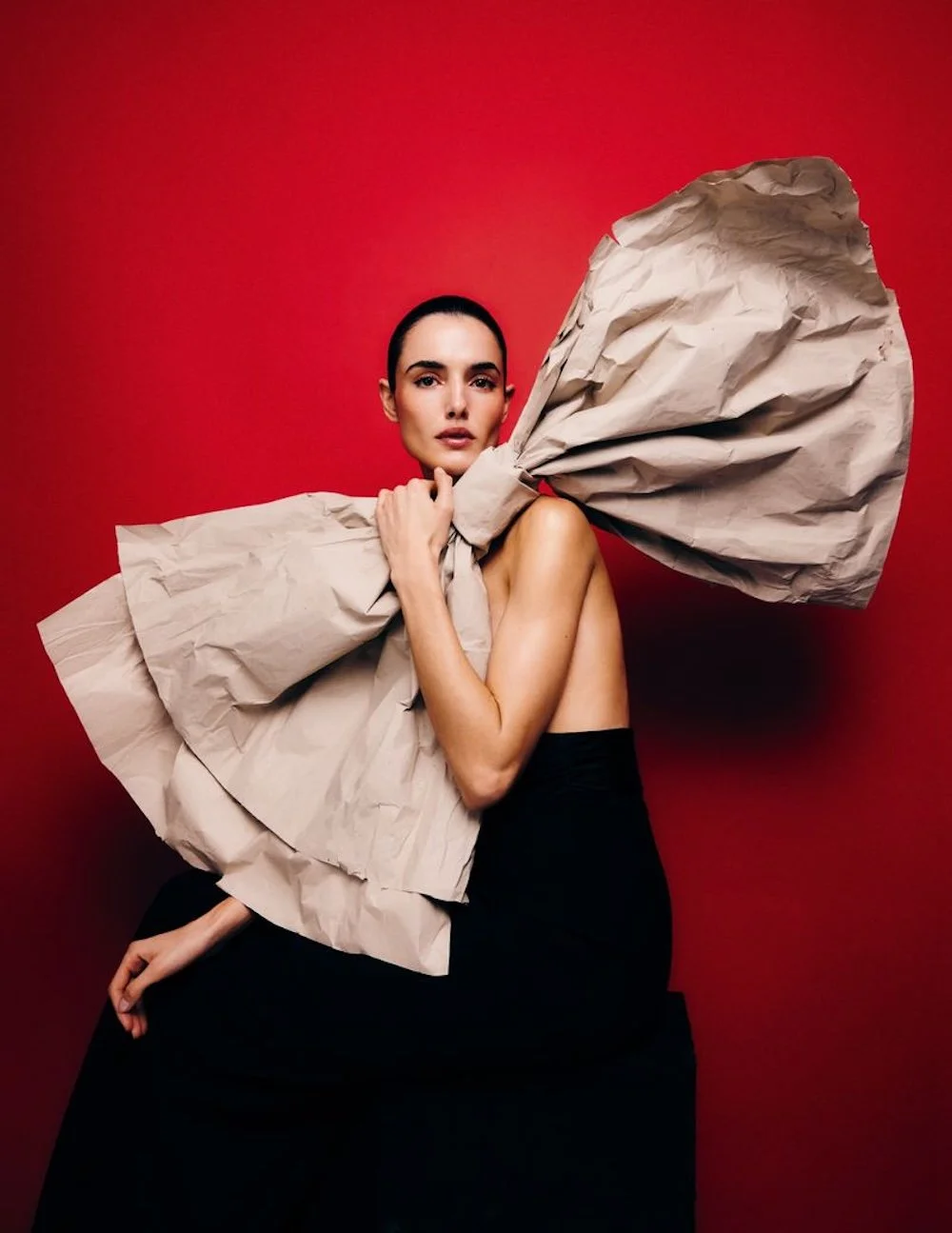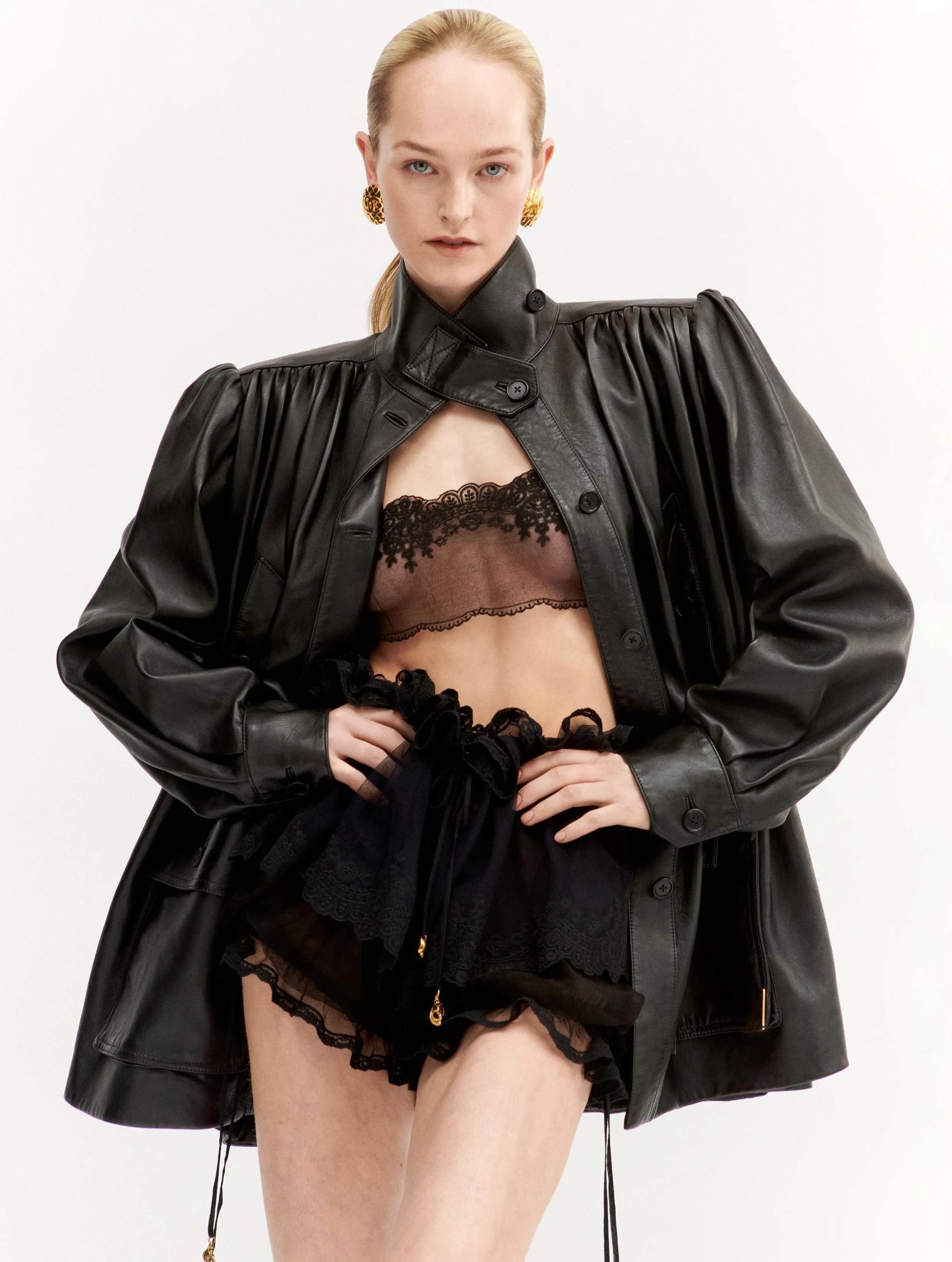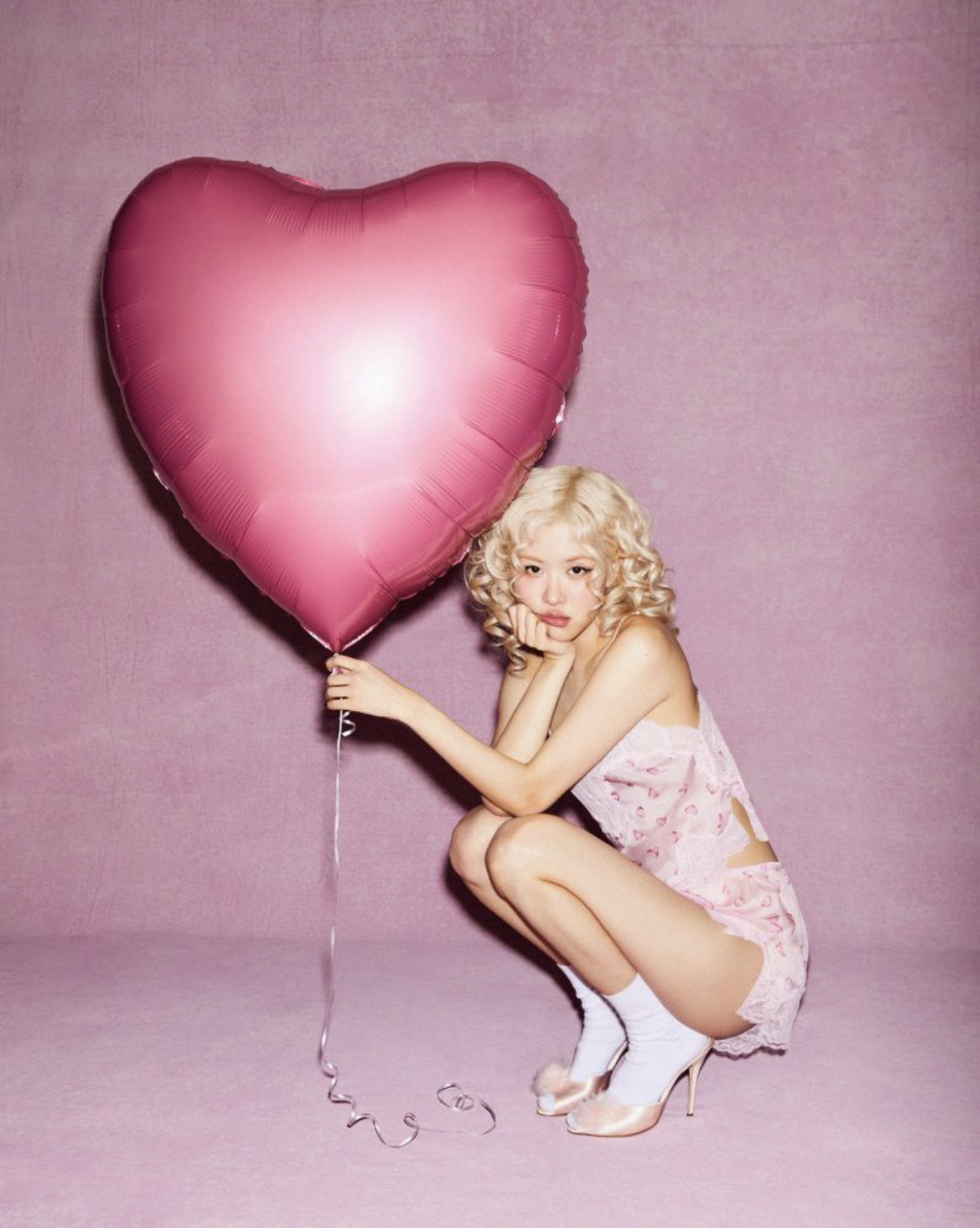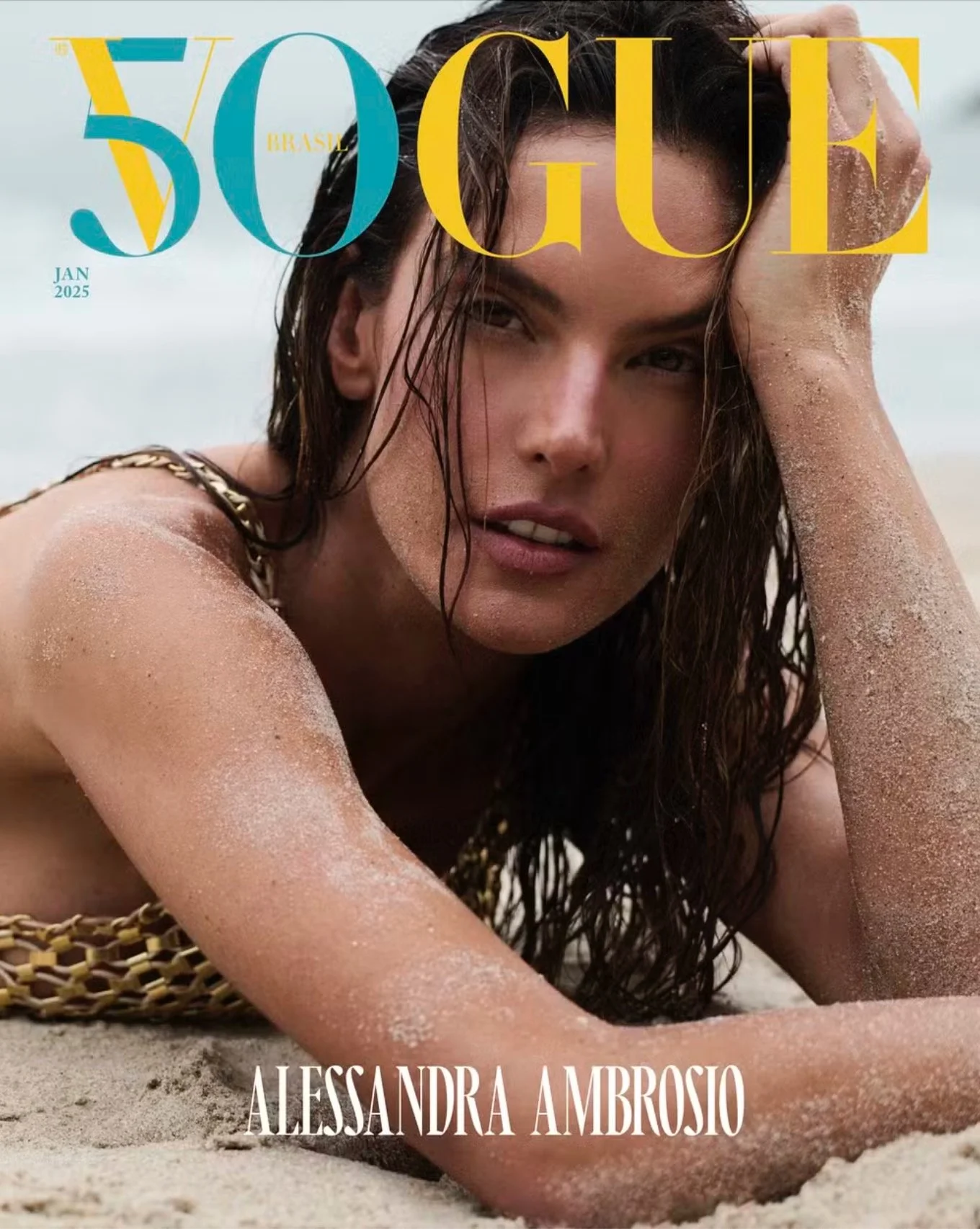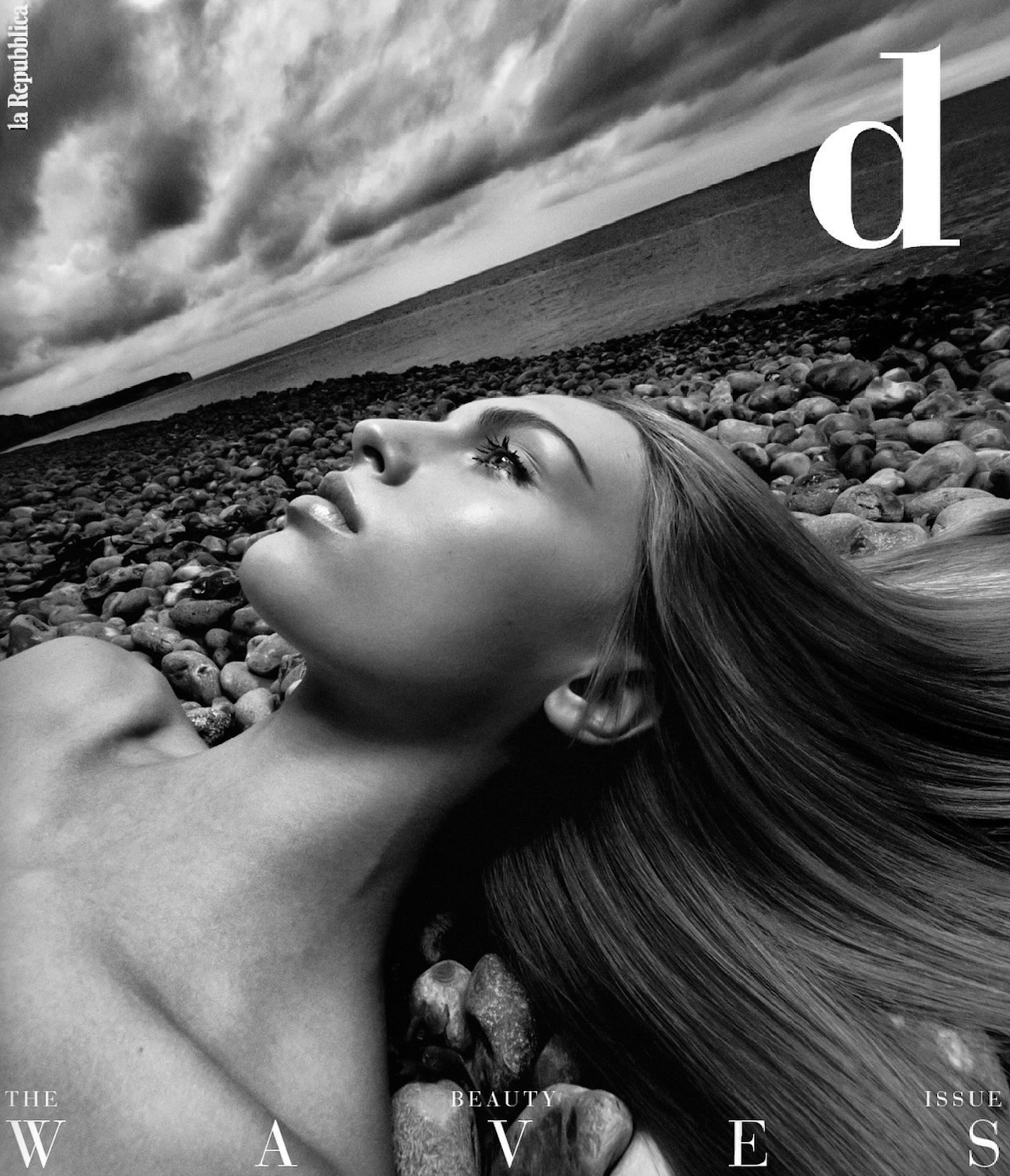American Women's Body Image Debate Tries to Define Curvy
/Glamour Magazine continues it’s editorial commitment to featuring a wide range of healthy models with a June cover of Alessandra Ambrosio, Brooklyn Decker, and Crystal Renn. Kudos!
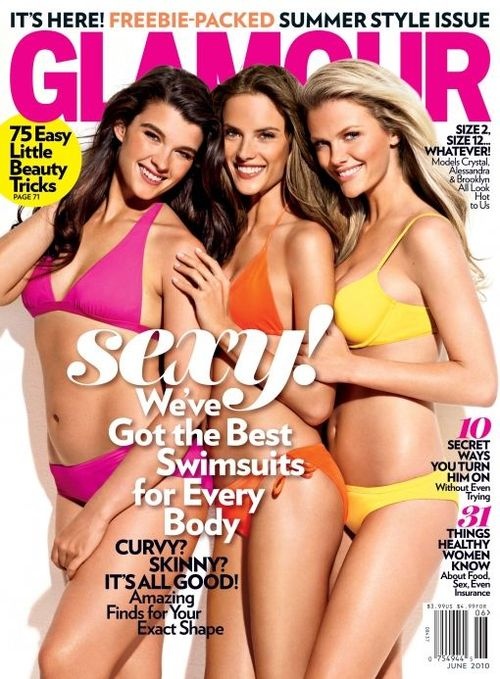
Many women aren’t happy because Crystal is — by her own admission — losing weight and becoming a lot more active. Science tells us that when we go backbacking for three weeks in the Outback, we usually lose weight.
Jezebel reports that Glamour editor Cindi Leive takes issue with a blog post by Jennifer Merritt at ivillage, that’s now down at iVillage but up in the Google cache.
Reading the articles and watching the videos, we have the usual multiple conversations going on around the topic. Jezebel goes political also, asking what magazines owe their readers, just for showing up.
Thinking women don’t disbute the argument that magazines should show a wider range of model shapes. Just how ‘real’ those models should be is open to discussion.
Advertising and marketing has always been aspirational. It’s one challenge to deal with media and fashion designers that require models to be size 0. There really isn’t a lot of debate these days that we’re making a big dent in that patriarchal mandate of the last decade.
It’s equally difficult to believe that a tall size 10, 12, 16-size model with good proportions can’t be beautiful and inspiring to readers. I swear the gorgeous size-14 Jennie Runk, per Leive, says she’a a size 16 on the Today show. It doesn’t matter. Clearly she’s a beautiful woman.
Cindi Leive, Glamour Editor, on Today Show
Yet this is a judgement call for editors. Jezebel refers to a 2009 study saying that thin models make regular women feel badly about themselves. Implicit in that argument is that showing 5’3”, size 14 women — America’s average size — would make women feel good. I don’t believe there is any research confirming that assumption.
It’s next to impossible to get women who lack confidence to not feel worse about themselves. A word, a tone of voice, a suggestion — all are easily misunderstood.
A month or so ago, we reported research that the brains scans of average women go negative over the mere suggestion that they might look like a heavier woman. When it comes to keeping advertisers happy, we know that thin women as a group spend more money on clothes and accessories.
I don’t buy Elle Magazine’s Robbie Myers argument that women are more confident today, because we’re more liberated and have more power in the workplace.
Every survey I read says that American women lack confidence compared to women in other countries. For certain we say we’re unhappier. With the increases in stress, antidepressant use, a 20-pound average woman weight gain in two decades, and now the loss of libido in young women for a host of reasons, I don’t believe we can make a solid argument that ‘real women’ have their lives under control.
I agree with Jezebel that the magazines should make a serious effort to take responsibility for the messages they send. But I agree with First Lady Michelle Obama that America must get moving.We must get healthy.
Americans tends to arguethat we can be any size we wish and medicine will take care of the problem. Yet all the scientists tell us that our children may not live as long as we do. Two weeks ago, obesity was tied to lower IQ rates in children, in an important new study.
Today Show with Elle Magazine’s editor-in-chief Robbie Myers
I’m not making the case for a tight range of women models, but I believe that if we had women who looked more self-expressive and individualistic, we’d all be better off.
When women can embrace our own individual beauty — and not some unattainable, stereotypical vision of beauty — we’re inclined to love ourselves more, and take better care of ourselves.
The French have long nurtured ‘real women’, encouraging quirkoness and self-expressive. French women aren’t the product of a marketing, advertising, PR machines. French women have confidence that they understand beauty and style. American women are overly reliant on being told how to behave. It’s our Biblical, good-girl natures expressing themselves.
We have a glimmer of hope that Hollywood has decided that perhaps the perfect American woman is no longer big-breasted, with collagen-injected lips, faces that don’t move a muscle, and a birth certificate under 25.
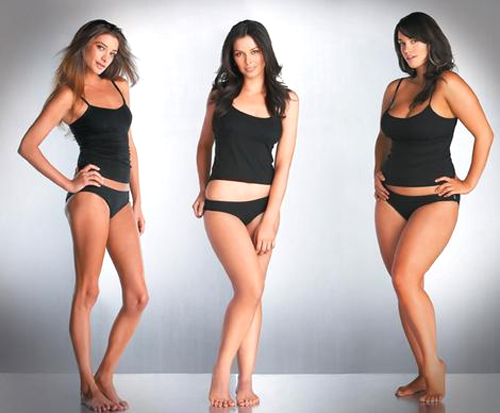 A large 2008 survey of men prefered fuller-figured women than the thinnest one. I don’t think American women should move out from under the tyranny of Hollywood to a new one that says being ‘real’ requires us to redefine our beauty ideals to encompass a fundamentally unhealthy body type.
A large 2008 survey of men prefered fuller-figured women than the thinnest one. I don’t think American women should move out from under the tyranny of Hollywood to a new one that says being ‘real’ requires us to redefine our beauty ideals to encompass a fundamentally unhealthy body type.
When talented editors get serious about this challenge they will find a wider range of body types to inspire us. Many larger women are strking and aspirational in their total image, not only the size of their waists. The whole point is that a woman is greater than the size of her body parts, but she should inspire large numbers of people to be in a fashion magazine.
Having embraced this larger plate of female delicacies, I refuse to agree that all sizes are just fine in fashion magazines. I know what it is to struggle with weight and am positive that self-love and confidence are inextricably tied to a healthy BMI, along with self-discipline.
I want to see women who have climbed the mountain successfully. I want us to throw off our negative self-absorption and say “you’re fabulous”, to be content with ourselves and know joy. This is not the profile of today’s American woman, from all I’ve read.
Our medical status — whether we’re counting America’s depression prescriptions or BMI stats — do not support the argument we’re in a good place, if only the fashion media would get off their high horses and decide to show us ‘real women’.
Let’s close the health gap for American women, giving a thumbs up to the female in the mirror because she’s redrawn the health charts in our favor. When we’ve knocked out a chunk of that 20 pound national weight gain and tossed out the anti-depressant bottles, then we’ll flex our strong muscles with the fashion industry.
Blaming them for the problem doesn’t hold up in any health court that I know of. Truly, I wish the self-image challenge was this easily resolved. I don’t know one shred of research that says it is. Anne

